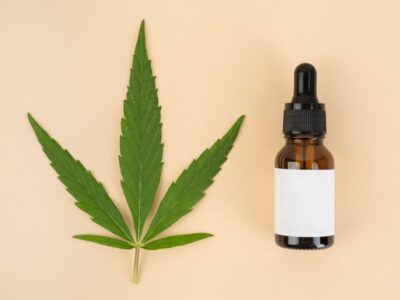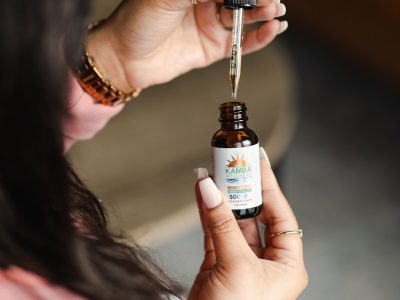Cannabidiol, or CBD, a natural molecule made from cannabis, is a mysterious elixir that relieves anxiety, discomfort, insomnia, and menstrual cramps, lightens the skin, slows the aging process, and strengthens bones. Given the current excitement, to say CBD-infused products are selling like hotcakes would be an understatement.
By 2021, sales of CBD-infused goods should reach $5.3 billion in the U.S. alone. These items include oils, lotions, poultices, beer, coffee, tampons and pet food. This amount is foreseen to increase to $12 billion by 2024.
What exactly is CBD oil?
Cannabidiol is one of more than 80 active compounds called cannabinoids that occur naturally in the cannabis plant. To create CBD oil with a specific concentration of CBD, the CBD can be extracted into a thick oily paste and mixed with a carrier oil such as hemp or coconut oil.
What Are Some Ways to Use CBD Oil?
- CBD Ingestion: When CBD oil is ingested, it travels through the digestive tract, where it is broken down by the liver and distributed throughout the body within a few hours. The most common methods of ingesting CBD oil are drops, tinctures and capsules, or it can be mixed with meals and beverages such as gummies and coffee. Additionally, CBD can be taken as a powder, which is an odorless crystalline powder made by removing all plant components.
- Sublingual CBD: Another popular way to consume CBD is to put a few drops of the oil, tincture, or powder under the tongue and hold it for a few seconds. This allows the active ingredient in the mouth to pass through the mucous membranes immediately into the bloodstream.

- Topical CBD-infused products: These CBD products are used to treat skin conditions such as pain relief and inflammation reduction. Current products include creams, ointments, patches, shampoos, suppositories, lip balms, bath salts and personal lubricants, among others.
- Vaporizing CBD: Vaporizing CBD oil or smoking it with tobacco or vaping can make it inhalable. CBD bypasses the digestive system and quickly enters the bloodstream through the lungs. As a result, vaping has gained popularity as a way to consume CBD. But the U.S. Centers for Disease Control and Prevention (CDC) is recommending that people avoid vaping until it investigates an increase in unexplained lung injuries linked to inhaled products. Most of the more than 800 cases the CDC had registered as of the end of September 2019 were patients who had consumed THC-containing products, they said. Both THC and CBD are cannabinoids, and the two are often combined in vaping products.
How does CBD affect the body?
Your body’s endocannabinoid system is a vast communication network that is critical for controlling many physiological processes. CBD interacts with this system. In fact, cannabinoids are so important to your health that your brain produces them. A 2018 study found that cannabinoids alter the following physiological processes:
- Digestion
- Metabolism
- Hunger
- Memory
- Mood and sleep
- Motor control
- Pain-sensing
- Immune system activity (including inflammation)
- Fertility and pregnancy












